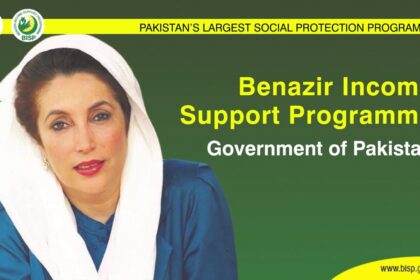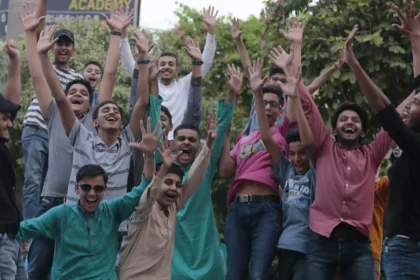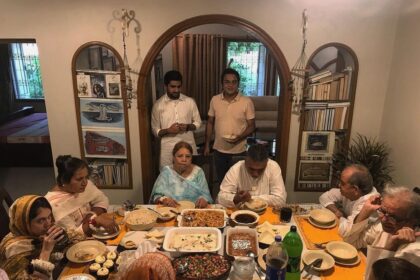Divorce is a very sensitive topic in cultures like Pakistan. The culture in Pakistan places a lot of stigma on divorce, making it extremely challenging for people to accept. Towards the end of a marriage, many people choose to stay in the marriage and not leave due to their fear of hate, rumors, and social rejection. According to the Human Rights Commission of Pakistan, women in Pakistan experience some form of domestic violence from their husbands or in-laws. Research suggests that almost 90% of women in Pakistan suffer from some form of domestic violence.
Some of the factors that contribute to shame include the life norms revolving around marriage. Instead of divorce being treated as a solution to toxic relationships that need to end, it is treated as a failure on one’s part. Each one of us pays a price, either due to a dysfunctional family or an unhealthy relationship, which increases the stress load due to this harsh cultural reality.
Societal and Familial Stigma
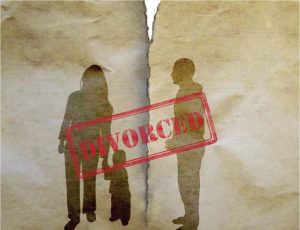
People within our society often live as though they exist in an imaginary bubble. They consider divorce to be a massive taboo, mostly because they believe it shames women. When a woman goes through this process, especially if her husband initiates the divorce, she undergoes serious character slandering, and society either puts her down or supports her in a patriarchal manner.
Like many divorced women around the world, divorced women in Pakistan face immense societal stigma. In Pakistan, a woman who has been divorced faces immense social stigma, leading to social shunning and being the center of gossip and labeling. This social ostracism deeply impacts her self-worth, self-esteem, and health in social circles. Furthermore, stigma is even more pronounced on a familial level, as family members tend to completely disregard and cut off financial and emotional support. In a bid to escape the pain and mental torture inflicted by family, divorcees are encouraged to remarry, and more often than not, are also blamed and charged for the divorce. They encounter signs of social ostracism from their family, and their monetary inflow is often cut off. This phenomenon continues to impact their lives. Most people are shocked to learn that divorce has now become a socially accepted backhanded phenomenon dividing society, as people step forward to physically and verbally abuse divorced individuals in the community.
Divorce has been linked to social ostracization, leading to severe mental trauma such as anxiety, depression, self-loathing, harassment, and social stigma, which are both debilitating and permanent. Stress-related health difficulties, as well as changes in food and sleeping habits, are prevalent among divorced women who face stigma, emphasizing the importance of comprehensive health care.
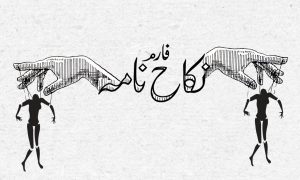
The Struggles of Divorced Women
Women whose spouses have divorced them lead no better lives. She is frequently viewed as having loose morals and is advised to marry as soon as possible to any proposal that suddenly comes her way because she is seen as a “lesser woman” in society. Other men constantly make aggressive overtures at her, and women in our culture reject her because they think she would bring negative energy and lead to divorces in their homes. This is particularly true during wedding rituals, as divorced women are seen negatively by the prospective bride.
It was also discovered that divorced women endure social, economic, and psychological difficulties, with 58.7% living on $700 or less per month. Besides social issues, higher wealth, education, and age were linked to fewer difficulties. Divorced women face a great deal of prejudice at work from coworkers who turn on them through gossip. Additionally, they have fewer possibilities for training. Discrimination raises stress and turnover intentions, impairs cognitive function, and throws off work-life balance.
Due to their lack of financial stability and appropriate income, banks have frequently refused to create accounts for divorced women, often requiring a male family member to provide documentation. Those who receive compensation are subject to stringent scrutiny to ensure they are not engaged in illegal activity. The state has no programs to assist these women, and any effort to do so is met with strong opposition and portrayed as endorsing a wicked deed. Mata’aul talaq (maintenance given after the term of iddat ends, frequently extending until a woman’s remarriage or death) and uracil misl (compensation for domestic responsibilities) are the two primary financial components of Islamic law that are available to divorced women. However, the Islamic Republic lacks both of these Islamic ideas.

Divorced women’s suffering is exacerbated by the lack of state-sponsored support structures and Islamic financial safeguards, leaving them vulnerable and stigmatized. To eliminate this stigma, cultural transformation that normalizes discussions about marital issues, legislative improvements to safeguard divorced individuals, and strong support systems for their financial and emotional well-being are all urgently needed.






